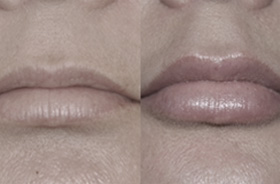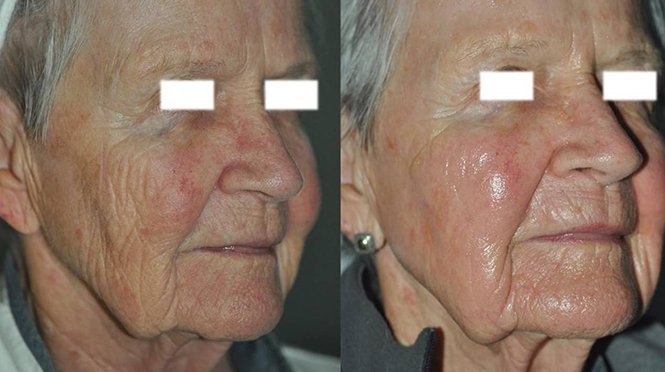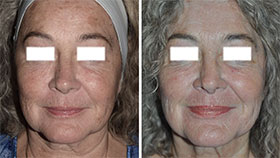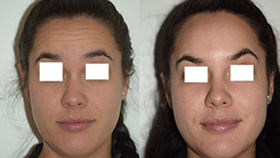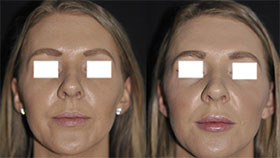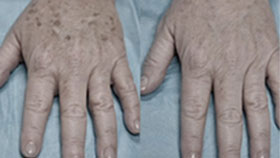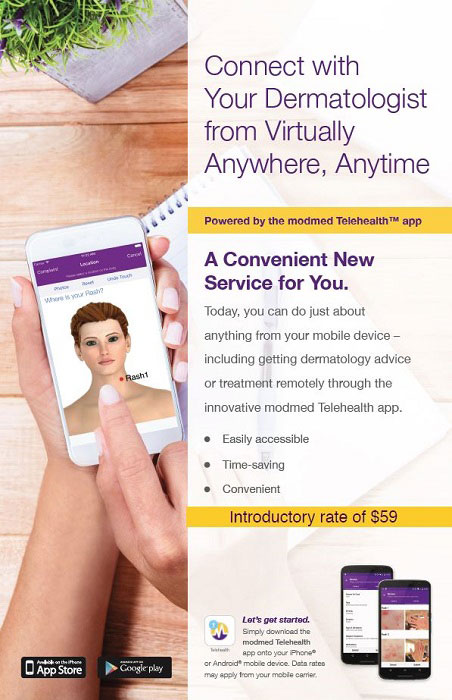Reapplying Our Focus on Skin Cancer
I know that I sound like a broken record, but I am always looking for a reason to discuss skin cancer prevention for Florida residents and others. With Skin Cancer Awareness Month starting May 1, it is time for a refresher for all my sun-loving Floridians, because skin cancer is the most common cancer in the United States and the world.
First, I want to review the most common types of skin cancer. Approximately 95 percent of skin cancers in the United States are non-melanoma types: basal cell carcinomas and squamous cell carcinomas. These two cancers make up most of what I see in my practice.
Unfortunately, it seems that melanoma—a more dangerous skin cancer—is on the rise. Melanoma can be aggressive and deadly. On average, one person dies from melanoma every hour! Melanomas often resemble moles (most are black or brown) and can develop on their own or from a changing existing mole.
Skin cancer, when recognized early, is almost always curable. If left untreated, skin cancers can rapidly grow, spread to other areas of the body, and become fatal. Therefore, regular skin exam screenings are incredibly important. I also recommend intermittent self-skin exams (and scan your partner) to assess for new or changing lesions. Prevention and early detection are key!
Let’s talk more about prevention—and specifically sun safety. Most skin cancers are caused by excessive intense ultraviolet sun exposure. Below are some important tips for sun safety and skin cancer prevention.
- Seek the shade, especially between the peak hours of sun exposure (10 a.m. and 4 p.m.).
- Cover up with SPF clothing, wide-brimmed hats, and UV-blocking sunglasses.
- Apply a broad spectrum (UVA/UVB) sunscreen with an SPF of 30 or higher every day! For extended outdoor activity, use a water-resistant sunscreen with an SPF of 50.
- Apply 1 ounce (2 tablespoons) of sunscreen to your entire body 30 minutes before going outside. Reapply every two hours or right after swimming or excessive sweating.
- Avoid tanning beds, as this UV exposure is even more dangerous than natural light.
To schedule a skin exam screening or get more information and advice about preventing, detecting, and treating skin cancer, contact the Skin Wellness Physicians team by sending a message online or calling (239) 732-0044.



